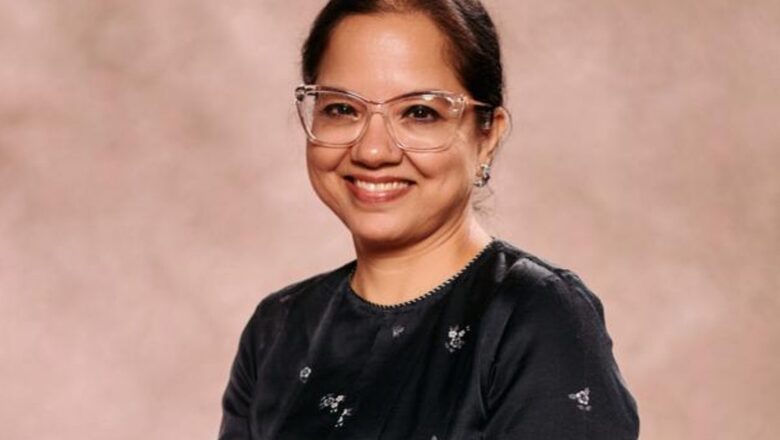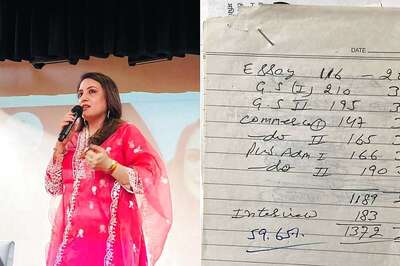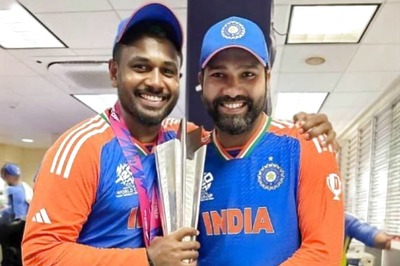
views
Tanuja Chandra’s latest documentary titled Wedding.con released on Amazon Prime Video on December 29 and opened to critical acclaim. It is touted to be the first Indian documentary series that tells the untold story of victims of online matrimonial fraud, unravelling the agonising experience of five women who sought perfect life-partners but ended up deceived, cheated and betrayed.
In an exclusive chat with News18 Showsha, Chandra talks about Wedding.con, her thoughts on marriage, the obsession with it even among youngsters and how matrimonial frauds continue happening. Excerpts:
How did the idea to make Wedding.con come about?
I was approached by BBC Studios for this subject they had already been researching on. I consider myself quite a well-informed person but to tell you the truth, I had no idea about this. I was very shocked when I was told the story. The amount of matrimonial frauds actually happening in India at this point is something I wasn’t aware of. I absolutely loved the concept and the fact that it was going to be a documentary and not fiction. That’s when I joined hands with the producers and became a part of the research, met the women and started thinking how this story should be told. That’s when my instinct as a storyteller came in.
Do you feel that marriage as an institution is so glorified that sometimes its flip side gets conveniently ignored?
It was true even before online matrimonial portals came into being. In our culture, marriage was always considered the destination for a woman. From the time she grows up, it’s understood and presumed that she’ll marry and should marry. It’s called ‘settling down’ as if a woman is unsettled before that. It’s taken for granted that marriage will happen in a woman’s life. When online matrimony started, it made way things convenient in a way. People could connect with and talk to their prospective partners online without having to go through a family arrangement where they are made to meet each other. At the same time, there’s no way of knowing the background of the person and who you’re speaking to because it’s all digital. Sometimes, it’s too late by the time you meet them.
Why do you feel that the victims of these frauds get blamed?
The pressure and the glorification of marriage make people, especially women, believe what they hear from a person on the website. They believe that the person in question has good intentions and the intention to marry them. They do what the society is asking them to do. It’s actually quite sad. They’re expected to get married and marry young. When matrimonial frauds happen, women get blamed even though they shouldn’t be as they’re victims of online fraud. It’s a complex chakravyuh kind of a situation.
Go on…
Women have always been at the lower rung of consideration by authorities, law and policing system. It’s all geared primarily for the protection of men and for service to men. So, the police system don’t know how to approach a crime like matrimonial fraud. It comes under cybercrime and our country isn’t prepared enough for it.
Do you see the pressure or the obsession to get married significantly lower among today’s youngsters?
Some research had shown that over the years, the average age of marriage for a girl or a young woman has only increased from 18 to 20. It’s not a big change. Young people want to get married because they feel that it’s the correct progression of life. That obsession may have reduced by a small amount in urban centres but not substantially. Marriage obsession is still there, otherwise matrimonial portals wouldn’t have been doing so well.



















Comments
0 comment